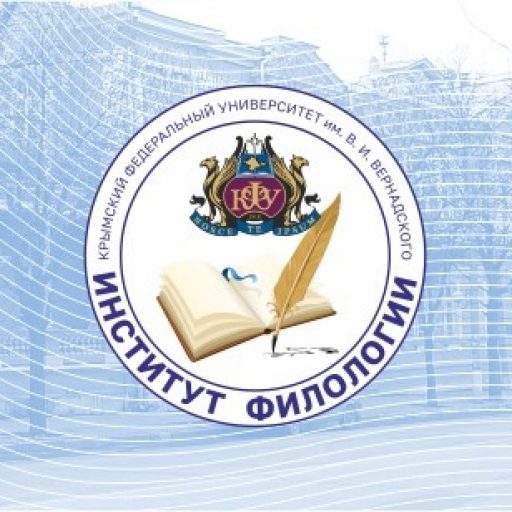19 июня 2023 года в 17.00 на кафедре иностранных языков № 4 Института филологии ФГАОУ ВО «КФУ имени В.И. Вернадского» (бульвар Ленина 5/7, 2 корпус, 3 этаж, ауд.317) будет проведен научный семинар на тему: «Linguistic innovations paving for the language democratisation».
На семинаре будут рассматриваться вопросы несоответствия между языком, используемым в письменном и официальном контекстах — например, в сферах государственного управления, образования, права и политики — и разнообразием форм языка, на котором говорят в повседневной жизни.
The use of a language in written and formal contexts that is distinct from the languages used in everyday communication – such as Latin in early modern Europe and Standard Arabic in the Arabic-speaking world, both past and present – comes with benefits, but also with costs. Drawing on publishing data from early modern Europe, this column shows that the Protestant Reformation led to a sudden and sharp rise in vernacular printing, such that by the end of the 16th century, the majority of works were printed in spoken tongues rather than in Latin. This transformation allowed broader segments of society to access knowledge. It also diversified the composition of authors and book content and had long-term consequences for economic development.
A disconnect between the language used in written and formal contexts – for example in the domains of public administration, education, law, and politics – and the varieties of language spoken on a day-to-day basis has been a feature of many states, both past and present. These varieties of language, or vernaculars, often remain oral tongues whose standardisation is incomplete.
By contrast, knowledge of the language used in written and formal contexts typically remains restricted to elites. In many cases, this formal language eases understanding across a large geographic area with numerous vernaculars and is no longer used for everyday spoken communication
Ответственная за подготовку научного семинара доцент кафедры иностранных языков №4 – С. А. Логвина

